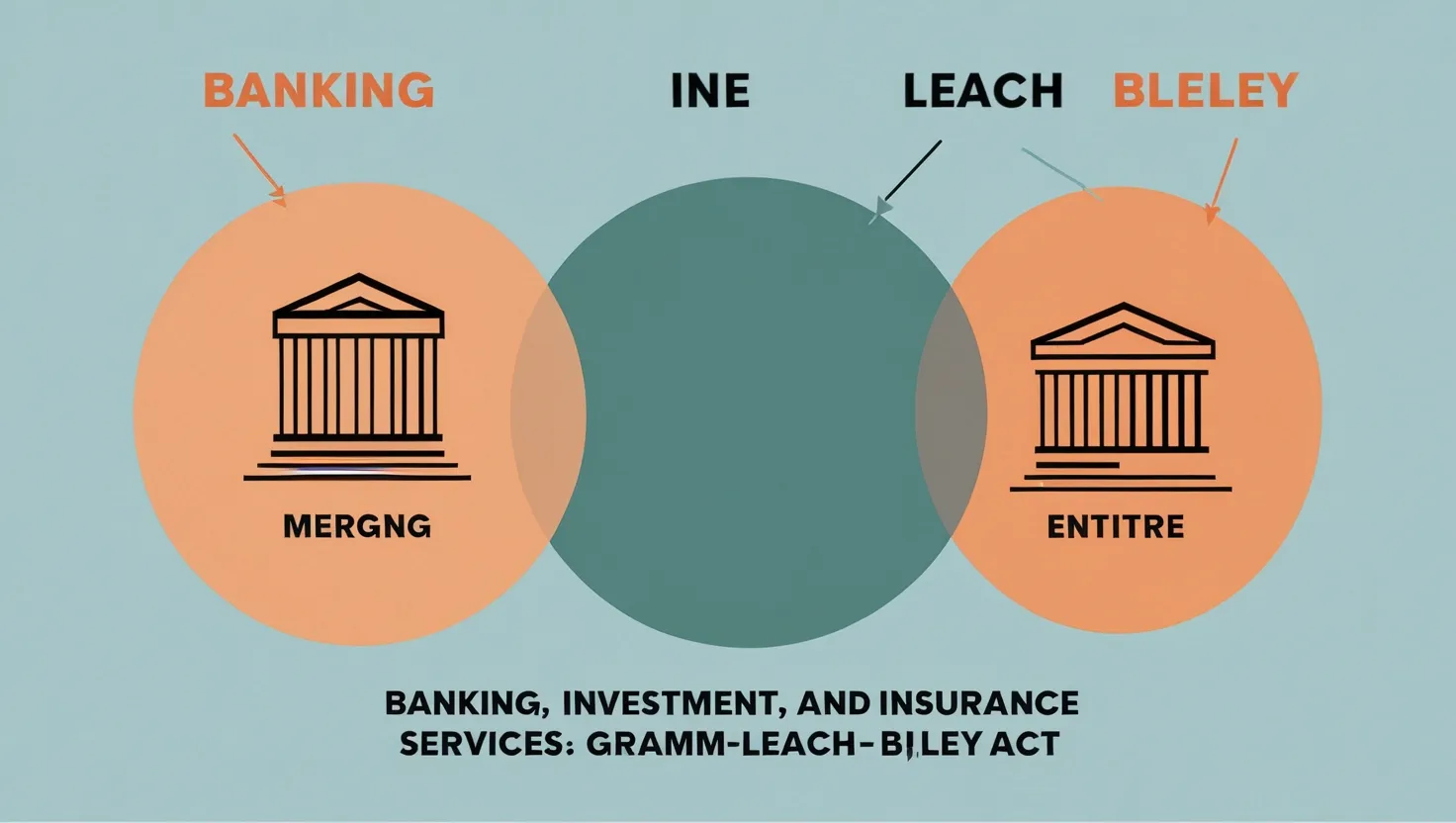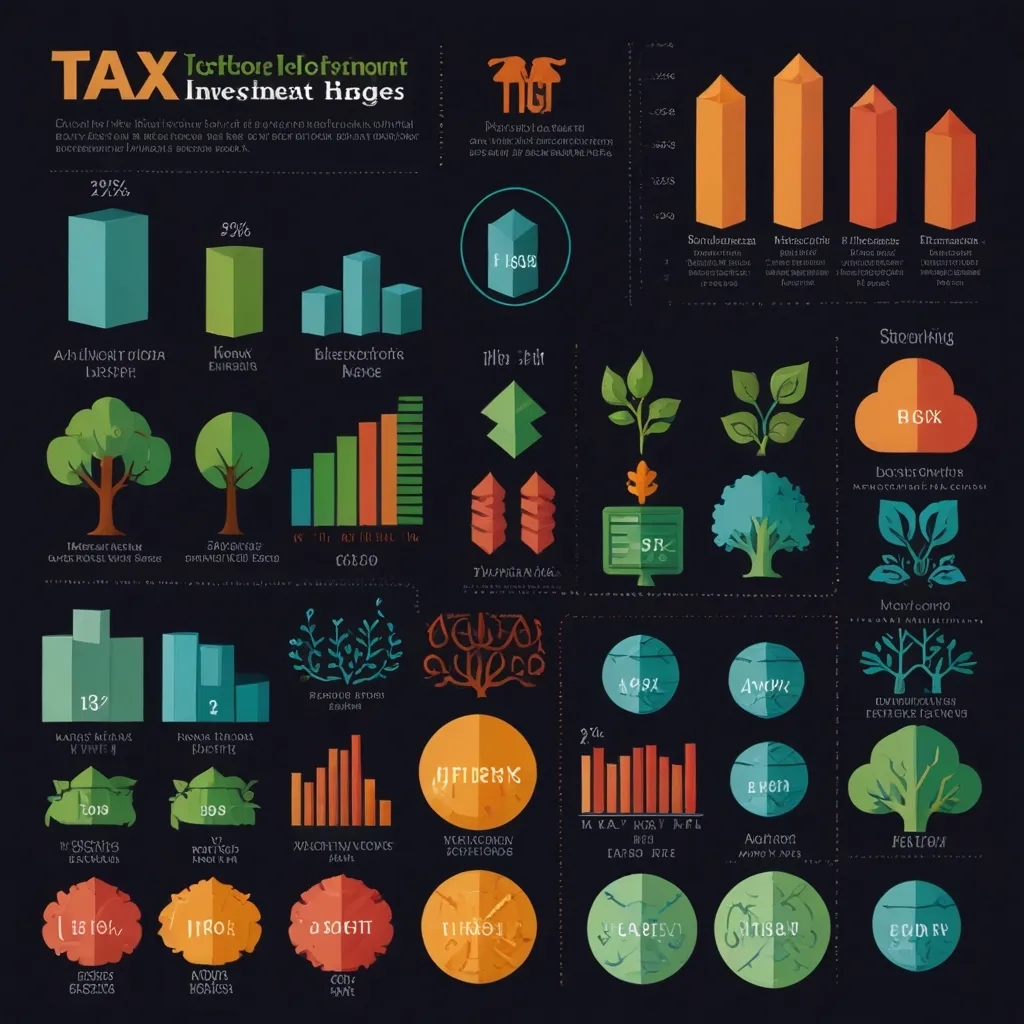Yahoo, once a tech giant on the brink of conquering the Internet, saw its empire slip away due to missed opportunities. Among the most notable was its failure to purchase Google, not once, but twice.
Back in the mid-1990s, the Internet was an uncharted territory brimming with potential. Yahoo started strong with a human-curated directory that made finding websites easier for users. The search engine aspect of Yahoo was just a secondary feature initially. Yahoo gained massive popularity by introducing banner ads, creating a significant revenue stream. These ads, though primitive, were very profitable.
However, the banner ads created a conflict. They incentivized Yahoo to keep users on its site, contrary to its initial purpose of directing users to other websites. As money poured in from ads, Yahoo transformed into a comprehensive web portal, sidelining its search engine.
Meanwhile, Larry Page and Sergey Brin, two PhD candidates at Stanford, developed an algorithm called PageRank. This algorithm ranked web pages based on their importance and interconnectedness. They offered PageRank to Yahoo for $1 million in 1997, but Yahoo declined, fearing it would reduce ad revenue by helping users find what they sought too quickly.
Left with no choice, Larry and Sergey built their search engine, Google. By focusing on user needs, Google quickly gained traction. Yahoo, realizing its mistake, began licensing Google’s search engine in 1998 for $7 million a year despite having passed on buying it.
Google innovated with AdWords, an efficient automated ad platform. On the other hand, Yahoo continued making revenue from banner ads but struggled to innovate at the same pace.
In 2001, Terry Semel became Yahoo’s CEO. He recognized the potential of paid search and initially tried to buy Google in 2002, offering $3 billion. Larry and Sergey countered with $5 billion, equating to a merger. Unwilling to merge, Semel opted to build Yahoo’s capabilities by purchasing Inktomi and Overture. Integration issues delayed Yahoo, allowing Google to dominate the market.
Ultimately, missing the chance to buy Google was one of many missteps for Yahoo. Google’s valuation today, over half a trillion dollars, starkly contrasts with Yahoo’s decline. This story underscores the importance of seizing opportunities and adapting swiftly in the tech world.
While Yahoo missed out on acquiring Google, you can seize your own opportunities by learning about the stock market and investing.
Thank you for reading, and stay tuned for more insights!






